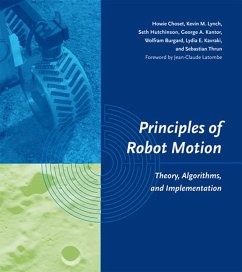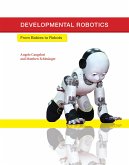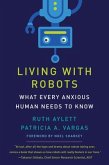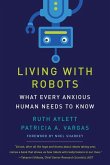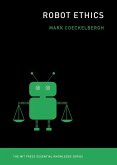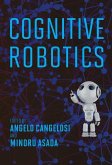A text that makes the mathematical underpinnings of robot motion accessible and relates low-level details of implementation to high-level algorithmic concepts. Robot motion planning has become a major focus of robotics. Research findings can be applied not only to robotics but to planning routes on circuit boards, directing digital actors in computer graphics, robot-assisted surgery and medicine, and in novel areas such as drug design and protein folding. This text reflects the great advances that have taken place in the last ten years, including sensor-based planning, probabalistic planning, localization and mapping, and motion planning for dynamic and nonholonomic systems. Its presentation makes the mathematical underpinnings of robot motion accessible to students of computer science and engineering, rleating low-level implementation details to high-level algorithmic concepts.
Hinweis: Dieser Artikel kann nur an eine deutsche Lieferadresse ausgeliefert werden.
Hinweis: Dieser Artikel kann nur an eine deutsche Lieferadresse ausgeliefert werden.

